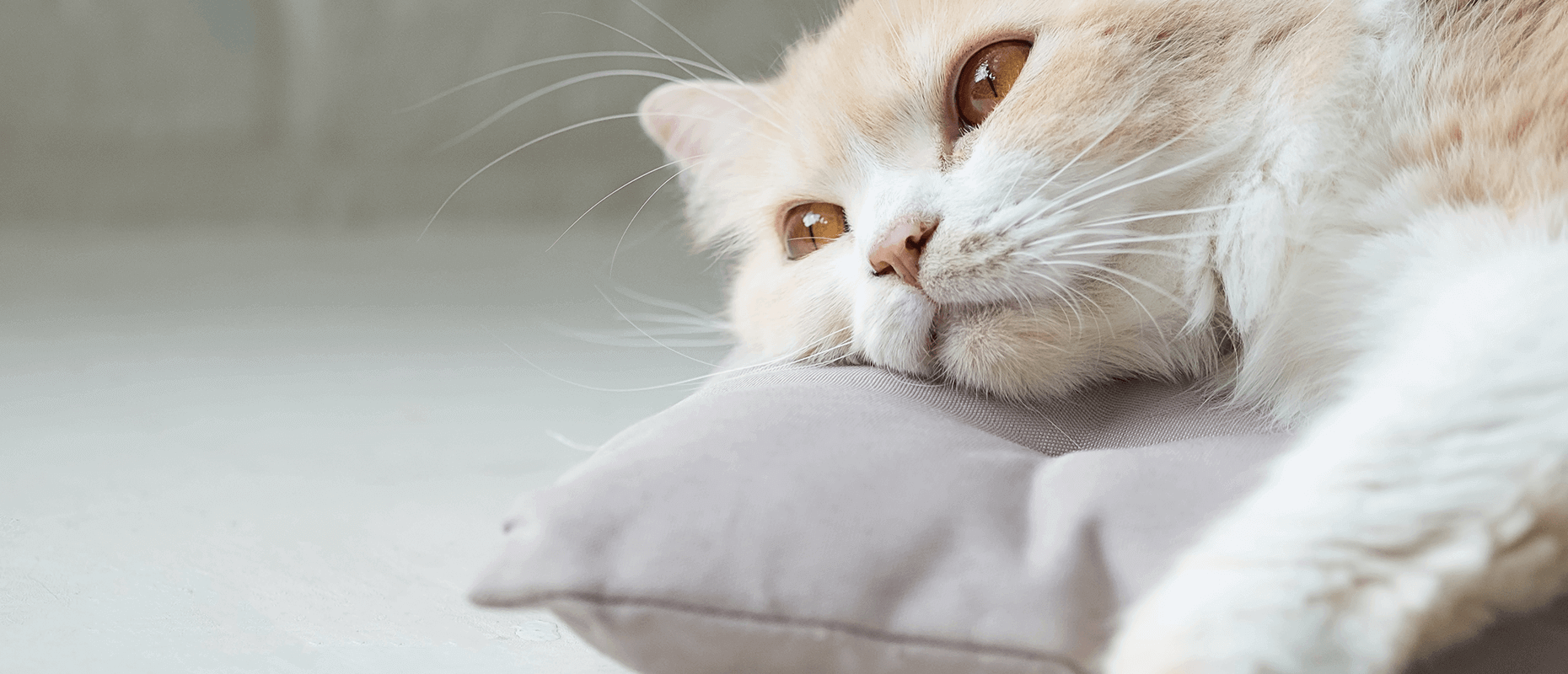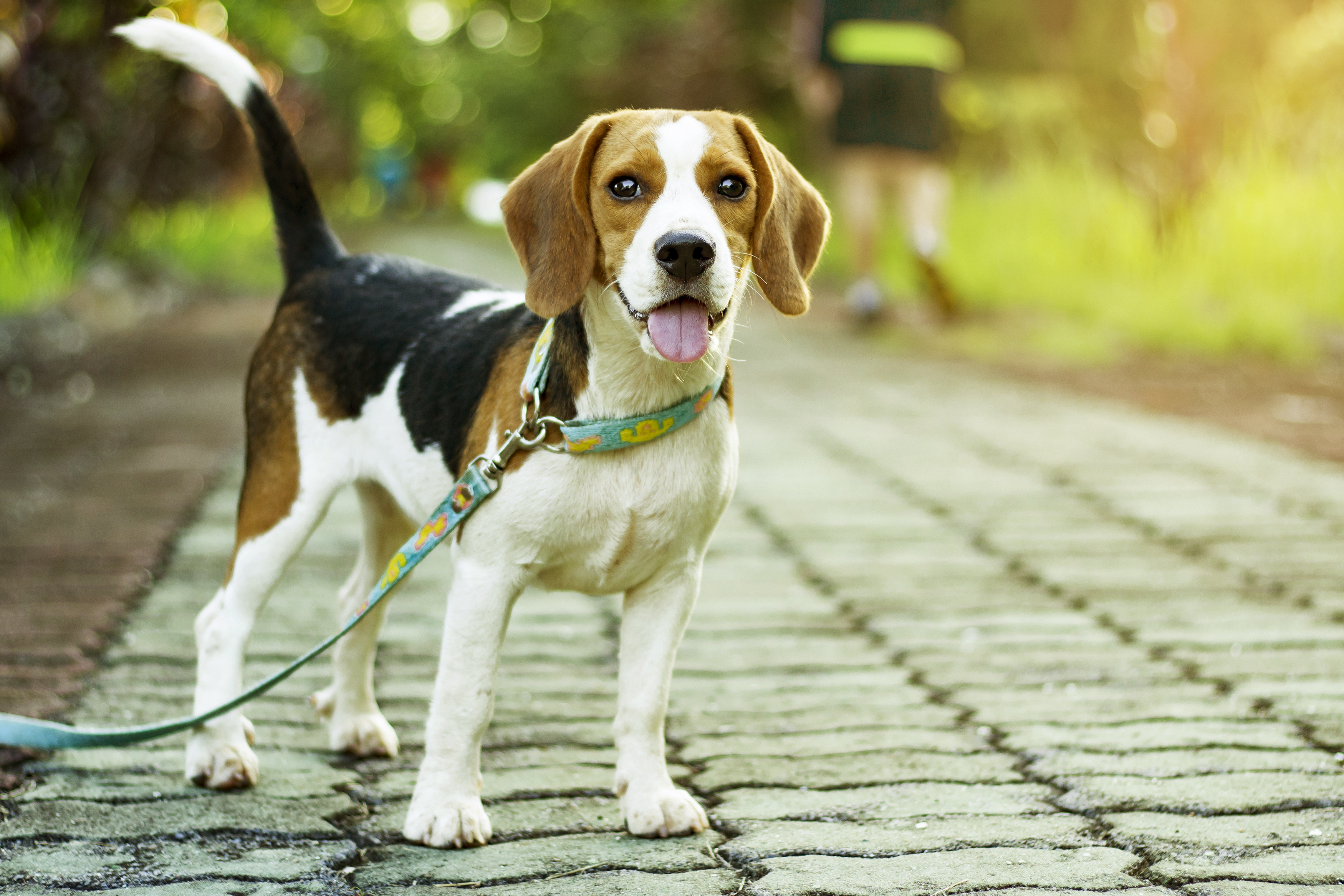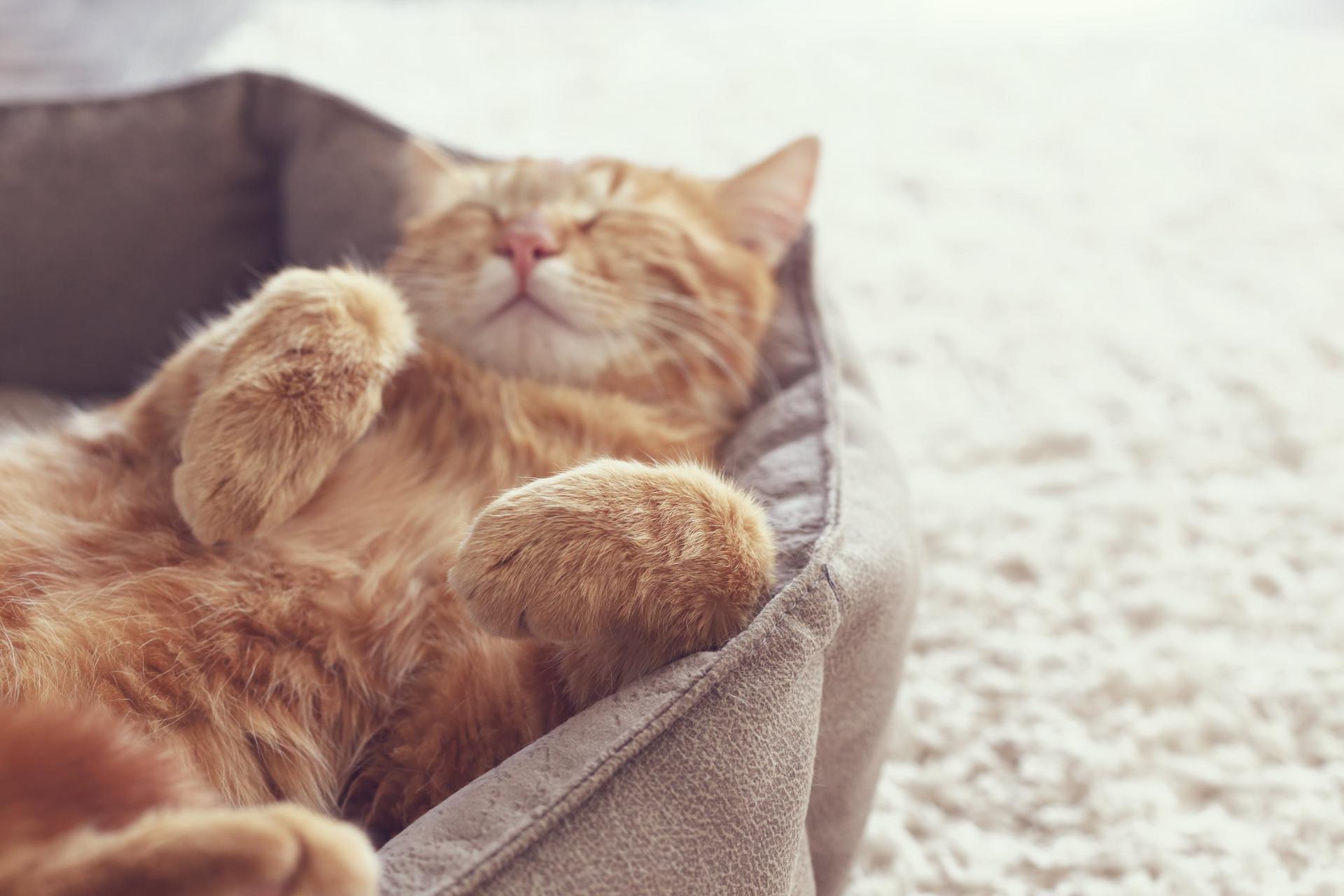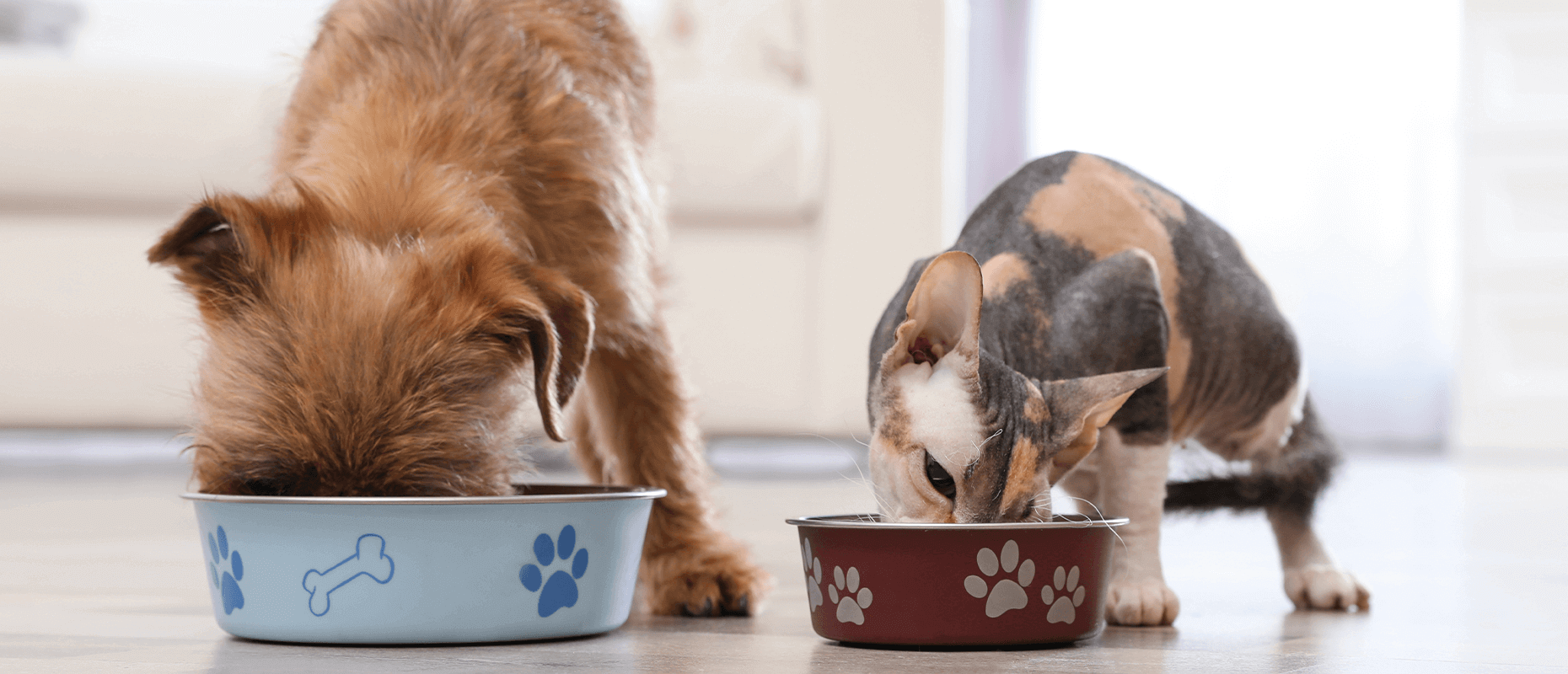What are the causes and symptoms of depression in cats? What should be done?

The cats we share our home with become our best friends over time, not our pets, and their needs become more important to us every day. Just as people are helping their furry friends when they are fighting a disease, the same is true for the reverse.
Diseases such as cancer, diabetes, heartworm, rabies and hair fungus are common in cats and can be overcome with medication and a good nourishment. However, one of the most important disorders that should not be ignored is depression.
It is easy to understand the physical diseases of cats due to routine veterinary checks and symptoms that your cat has shown. When this is the case, the treatment process begins quickly and your cat recovers. However, when it comes to depression, it can be a little more difficult to understand. In this article, we will tell you what you should do to understand the cause of depression in cats.
Causes of depression in cats
The events that affect cats like humans and cause them to become depressed vary. While changes affect cats immensely, sometimes a loss is the biggest reason why cats become depressed. The main causes of depression in cats can be listed as follows:
● The arrival of another animal in the house / Another new pet coming to the house
● Relocation and venue changes
● Losing the owner
● Stray cats coming into the garden
● Family events such as divorce
● Having a new baby in the family
● Owner going on holiday
● Having construction and renovation works in the house
Besides all these reasons, any stress can trigger depression, including the cat's inability to exhibit "cat" behaviors. A cat that cannot climb, hunt, play or claw can become frustrated and depressed.
Do a quick risk assessment on your cat. Have their lives changed in an uncomfortable way recently?
Cat depression symptoms
A depressed cat withdraws and stops doing things it used to enjoy. While your cat likes to spend time with you and play games at normal time, now it starts to sit quietly in a corner. If you think your cat is depressed, you can detect it early by observing and take measures to help your cat recover. Here are the symptoms of depression in cats:
● Loss of appetite and apathy to food
● Starting to sleep when they are normally awake
● Starting to shy away from hugs and touches
● Intermittent abdominal disturbances
● Changing habits, such as not coming near you
● Hiding somewhere in the house all the time
● Excessive hair shedding
● Serious changes in toilet habits
● Loss of interest in favorite toys
● Weight loss or increase
All these signs we mentioned above are general; so check to see if your cat is sick before assuming they are depressed. Just because your cat has one or more of these symptoms is not evidence of depression. However, if you are in doubt, you should immediately consult a veterinarian.
What should be done for cats that are depressed?
If you have a depressed or sad cat, you can help it! Setting a routine, entertaining your cat, and medication can elevate a depressed cat's mood. You can help your cat recover from depression by following a few steps we've compiled for you.
● Sense of routine
Cats don't like uncertainty. If their world has recently been turned upside down, it can be very helpful to restore their routines.
Imagine a cat that's lost a friend who's been with her for a long time. That means there's a big void in its life now. Your cat may be feeling great anxiety that something very familiar has been lost. But when the owner feeds them on time, reprimand them as usual, and shows gentle attention, this reassures the cat again.
● Spiritual stimulation
There is nothing like boredom for both cats and people to overthink things and get into a sad mood. So first of all, avoid boredom.
Engage your cat's mind with plenty of mental stimulation. Thus, the cat begins to express itself with its normal behavior, such as hunting or jumping again. There's nothing like boredom for cats and humans alike to overthink things and get into a sad mood. So, first of all, avoid boredom.
●Anti-depressant drugs
If your cat refuses to eat or interact despite your best efforts, it may need medicine in the short term. As for what is the most suitable drug for your pet, you should definitely decide in consultation with your veterinarian.
Diseases such as cancer, diabetes, heartworm, rabies and hair fungus are common in cats and can be overcome with medication and a good nourishment. However, one of the most important disorders that should not be ignored is depression.
It is easy to understand the physical diseases of cats due to routine veterinary checks and symptoms that your cat has shown. When this is the case, the treatment process begins quickly and your cat recovers. However, when it comes to depression, it can be a little more difficult to understand. In this article, we will tell you what you should do to understand the cause of depression in cats.
Causes of depression in cats
The events that affect cats like humans and cause them to become depressed vary. While changes affect cats immensely, sometimes a loss is the biggest reason why cats become depressed. The main causes of depression in cats can be listed as follows:
● The arrival of another animal in the house / Another new pet coming to the house
● Relocation and venue changes
● Losing the owner
● Stray cats coming into the garden
● Family events such as divorce
● Having a new baby in the family
● Owner going on holiday
● Having construction and renovation works in the house
Besides all these reasons, any stress can trigger depression, including the cat's inability to exhibit "cat" behaviors. A cat that cannot climb, hunt, play or claw can become frustrated and depressed.
Do a quick risk assessment on your cat. Have their lives changed in an uncomfortable way recently?
Cat depression symptoms
A depressed cat withdraws and stops doing things it used to enjoy. While your cat likes to spend time with you and play games at normal time, now it starts to sit quietly in a corner. If you think your cat is depressed, you can detect it early by observing and take measures to help your cat recover. Here are the symptoms of depression in cats:
● Loss of appetite and apathy to food
● Starting to sleep when they are normally awake
● Starting to shy away from hugs and touches
● Intermittent abdominal disturbances
● Changing habits, such as not coming near you
● Hiding somewhere in the house all the time
● Excessive hair shedding
● Serious changes in toilet habits
● Loss of interest in favorite toys
● Weight loss or increase
All these signs we mentioned above are general; so check to see if your cat is sick before assuming they are depressed. Just because your cat has one or more of these symptoms is not evidence of depression. However, if you are in doubt, you should immediately consult a veterinarian.
What should be done for cats that are depressed?
If you have a depressed or sad cat, you can help it! Setting a routine, entertaining your cat, and medication can elevate a depressed cat's mood. You can help your cat recover from depression by following a few steps we've compiled for you.
● Sense of routine
Cats don't like uncertainty. If their world has recently been turned upside down, it can be very helpful to restore their routines.
Imagine a cat that's lost a friend who's been with her for a long time. That means there's a big void in its life now. Your cat may be feeling great anxiety that something very familiar has been lost. But when the owner feeds them on time, reprimand them as usual, and shows gentle attention, this reassures the cat again.
● Spiritual stimulation
There is nothing like boredom for both cats and people to overthink things and get into a sad mood. So first of all, avoid boredom.
Engage your cat's mind with plenty of mental stimulation. Thus, the cat begins to express itself with its normal behavior, such as hunting or jumping again. There's nothing like boredom for cats and humans alike to overthink things and get into a sad mood. So, first of all, avoid boredom.
●Anti-depressant drugs
If your cat refuses to eat or interact despite your best efforts, it may need medicine in the short term. As for what is the most suitable drug for your pet, you should definitely decide in consultation with your veterinarian.



